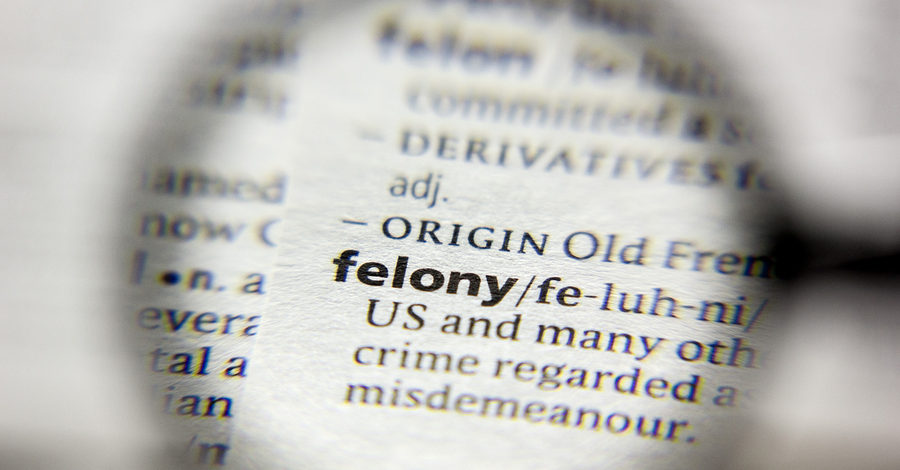When arrested for a crime, an offender will face criminal charges on either a state level or a federal level depending on the type of offense and the severity. Likewise, the laws and regulations that govern state and federal adjudication will differ from one another. This includes the first step that comes after an arrest; bail.
When attempting to understand the difference between state and federal bail bonds, it helps to first learn more about state and federal bonds. Continue reading to do just that.

State Crimes
State crimes originate in the state court system, who appoint a state prosecutor to bring charges against an accused offender. These charges are called misdemeanors, which are divided into three “classes”, from most to least serious: Class A Misdemeanors, Class B Misdemeanors, and Class C Misdemeanors. Class A misdemeanors are the most serious, and Class C misdemeanors are the least serious.
Each state has their own ordinances, procedures, and limitations surrounding state-level crimes and penalties. Accordingly, each state also has their own rules regarding bail bonds. Bail bonds used to get an offender out of jail who was arrested for a state-level crime are referred to as state bail bonds.
Federal Crimes
Federal crimes originate in the federal court system, in which the federal government brings charges against an accused offender. Those arrested for a federal crime face being charged with a felony. Felonies are divided into 7 categories in Indiana: Level 1, Level 2, Level 3, Level 4, Level 5, Level 6, and Murder. Level 6 felony crimes are the least serious type of felony, and are commonly referred to as “wobblers” since they can most often be reduced to Class A Misdemeanors. Bail bonds used to get an offender out of jail who was arrested for a federal-level crime are referred to as federal bail bonds.
Their Primary Difference is Price
State bail bonds are generally cheaper than federal bail bonds. In fact, the difference in price is the main factor that separates the two types of bail bonds. Since federal crimes are more serious, courts assign higher bond amounts, which increases the price for a bail bond. You see, bail bond company rates are regulated by the state, so all bail bonds pretty much cost the same. Right now, bail bondsmen can charge anywhere between 8 and 15% for their services, at their own discretion, depending on the history of the client and other related factors. So a bail bond fee would be higher for a person whose federal bond is set at $100,000, compared to a person whose state bond is set at $10,000.
Need to Get Out of Jail in Indiana?
Call Woods Bail Bonds at 317-876-9600 for safe and secure state and federal Indianapolis Indiana bail bonds you can trust. We also offer prearranged bail bond services for those needing to surrender to an arrest warrant. In some cases, we can get you turned in and released in as little as one hour. And don’t forget that right now, we are offering 8% bail bonds! Request a free estimate or jail information, anytime.





